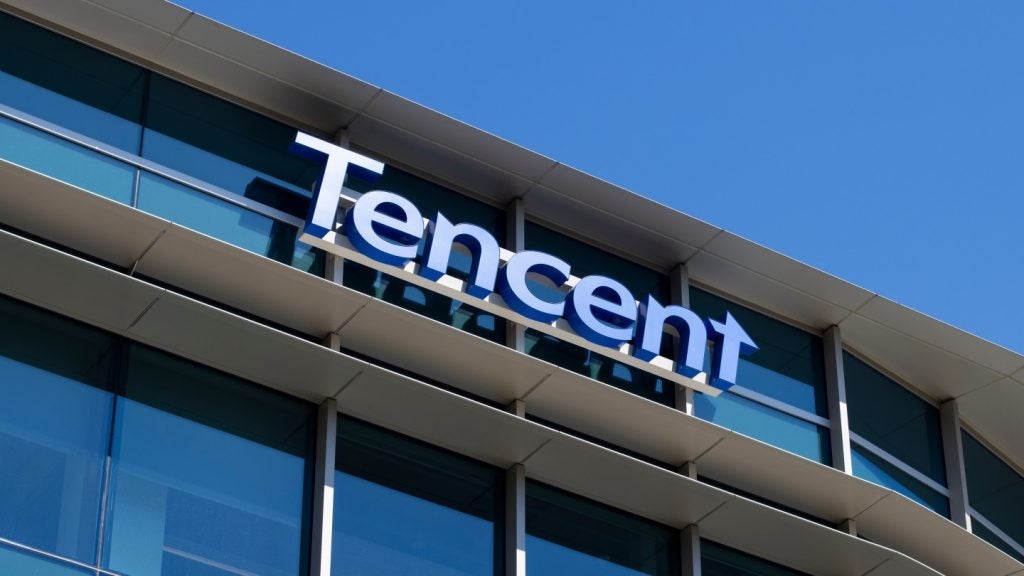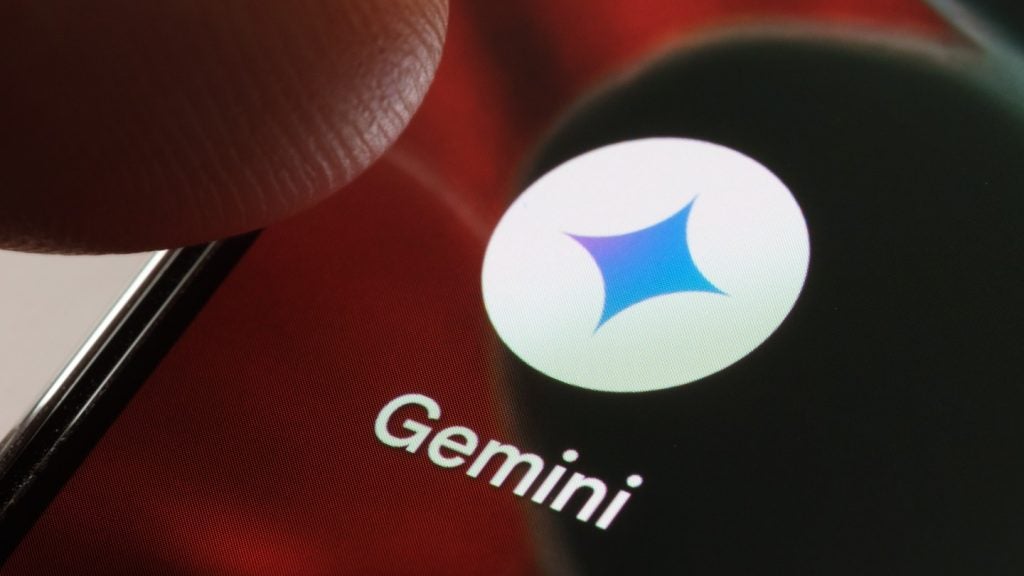
Republican senator Marco Rubio has asked President Joe Biden to ban the popular short video app TikTok after it was reported that the Chinese government had bought a stake in its parent company, ByteDance.
The US senator from Florida said that the White House “must take immediate action to remove ByteDance and TikTok from the equation” and cited India having already banned the app in 2020 as an example to follow.
The call comes after a recent report showing that the Chinese Communist Party acquired a 1% stake and a board seat in a key ByteDance entity.
The 1% stake in Beijing ByteDance Technology, which holds some of the licences for Douyin, the Chinese equivalent of TikTok, as well as news aggregator Toutiao, was registered on April 30 this year, according to the corporate information platform Tianyancha.
It showed that WangTouZhongWen (Beijing) Technology, which is owned by three Chinese state entities including a fund backed by the country’s main internet watchdog in the Cyberspace Administration of China (CAC), holds a stake in ByteDance. Additionally, as part of the deal, a government official named Wu Shugang became a board member of the ByteDance subsidiary.
“The Biden Administration can no longer pretend that TikTok is not beholden to the Chinese Communist Party,” Rubio said. “Even before today, it was clear that TikTok represented a serious threat to personal privacy and US national security.”
How well do you really know your competitors?
Access the most comprehensive Company Profiles on the market, powered by GlobalData. Save hours of research. Gain competitive edge.

Thank you!
Your download email will arrive shortly
Not ready to buy yet? Download a free sample
We are confident about the unique quality of our Company Profiles. However, we want you to make the most beneficial decision for your business, so we offer a free sample that you can download by submitting the below form
By GlobalDataIn June, the White House withdrew a series of Trump-era executive orders that sought to ban new downloads of WeChat and TikTok.
Meanwhile, ByteDance assured that this business unit only “relates to some of ByteDance’s China-market video and information platforms, and holds some of the licences they require to operate under local law”, according to a company statement released on Tuesday.
The domestic operations of the Cayman Islands-domiciled tech unicorn include hit Chinese short video-sharing app Douyin and news aggregator Jinri Toutiao. The stake does not give the Chinese government any share in TikTok, a source familiar with the matter told The Information, which first reported the news on Tuesday.
Regulatory crackdown on China’s internet culture
While there is a precedent for the Chinese government to hold shares in private companies, the news comes amid a surge in antitrust probes and new rules for the tech industry. Likely, the 1% share is a symbolic move to show that the laissez-faire attitude the government has hitherto had towards the industry is now at an end.
The move coincides with a wider crackdown on China’s internet and social media culture. Recently, China’s internet watchdog has made it clear that it intends to clean up the country’s cyberspace of opinion manipulation.
Earlier this month, a government affiliated newspaper described gaming as “spiritual opium,” indicating that regulators may be coming after China’s video game industry next.
The CAC also launched a special operation targeting China’s celebrity fan culture – known in Chinese as fan quan, online communities centred around an idol.
The government has long required Chinese media companies to heavily censor their domestic platforms to eliminate any material deemed sensitive, but Beijing of late has sought more control.
The Chinese government’s investment in ByteDance came amid widespread speculation at the time about an initial public offering (IPO) by ByteDance, whose overall revenue more than doubled to $34.3bn last year. The company said in late April that it had no immediate plans to go public.
News about that deal, meanwhile, came just months after ByteDance founder Zhang Yiming announced that he would relinquish his role as chief executive at the tech unicorn, which followed a growing trend for China’s Big Tech company leaders to step back at the peak of their careers.
Further investment in the country’s major internet companies is likely to continue with the backing of the China Internet Investment Fund (CIIF), which was cobbled together with funding from state-owned banks and companies with oversight by the CAC and the Ministry of Finance.
Weibo and others
In addition to ByteDance, the central Chinese government also holds a 1% stake in a key unit of the microblogging platform Weibo.
Weimeng Technology, a key unit of Weibo, received an investment in April 2020 from WangTouTongDa (Beijing) Technology. Through the deal, the government fund had a right to appoint a member to Beijing Weimeng Technology’s three-member board, Reuters reported.
WangTouTongDa is owned by the CIIF, which was established by the CAC and the country’s finance ministry in 2016. The CIIF has assets under management target of 100bn yuan ($15.4bn), according to its official website.
It has invested in online content platforms Kuaishou Technology and popular podcast firm Ximalaya, artificial intelligence startups SenseTime and CloudWalk, as well as China’s Uber for trucks, Full Truck Alliance.







